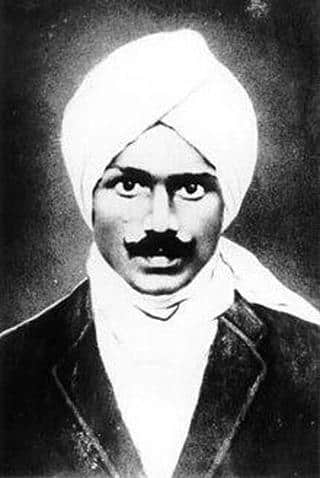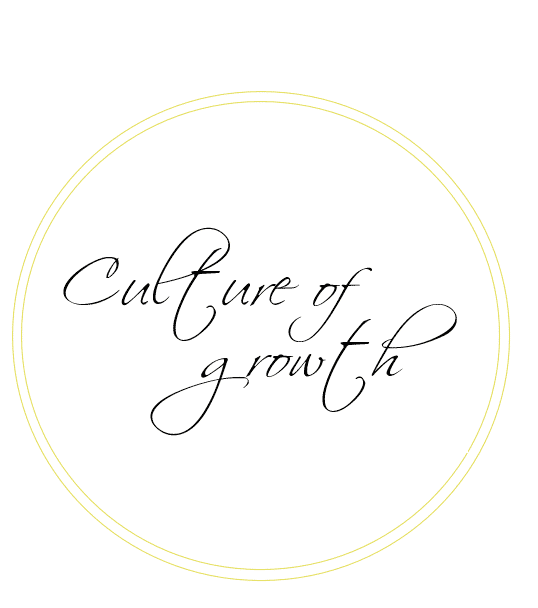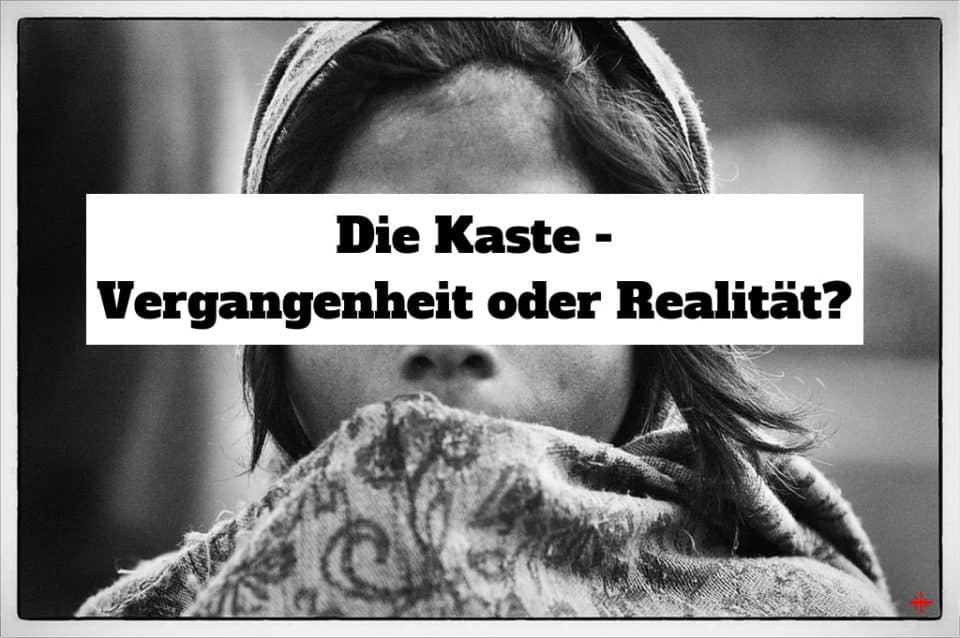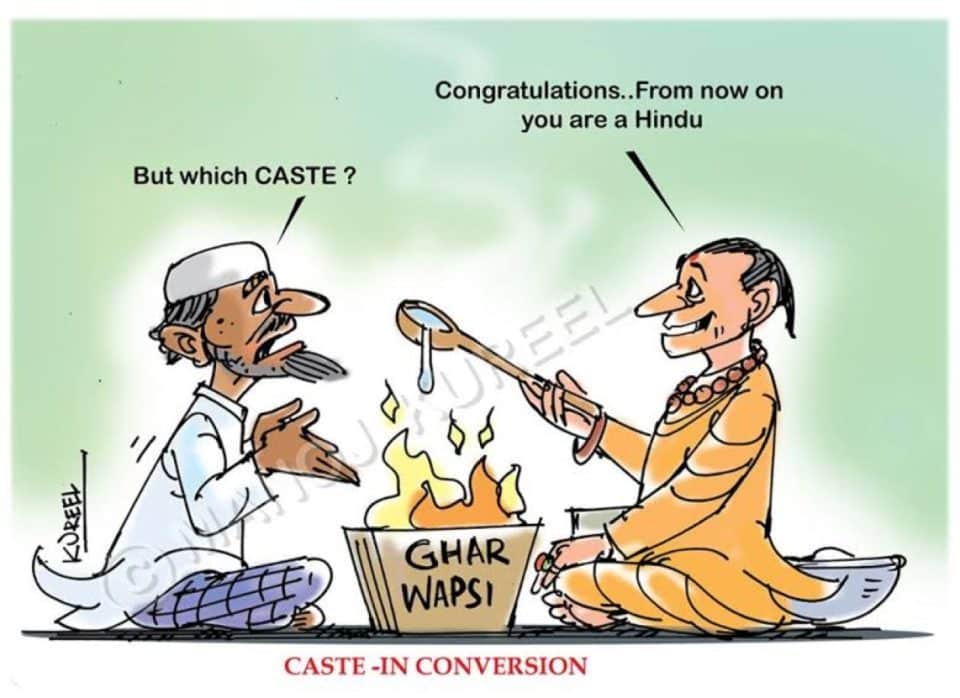Breaking Barriers – How to Stop Maintaining the Caste System

Do you like me? – how external validation defines our value
26/05/2019
Aufbruch – Abbruch – Neuanfang
09/06/2019Breaking Barriers – How to Stop Maintaining the Caste System

ஜாதிகள் இல்லையடி உள்ளதடி பாப்பா
(„Jathigal illaiyadi ullathadi, paapa“ -„There are no castes, my dear.“)
When addressing taboo themes of our society like caste system, we mention the drawbacks and even the origins and its history to create awareness, which is very important. Yet, sometimes we tend to overly discuss and just leave it at that. Talking. What is more important is figuring out where we stand in this system and how we contribute to it-a lot of times even unconsciously. This is called self-reflection! Real changes can only take place if we are willing to recognise our own privileges. Issues like these are often associated with culture and tradition and therefore, might seem overwhelming and impossible to sort out.
„However, anyone who is confronted with this misconception called casteism has a choice/voice. It is up to us how we make use of it. Are we going to be educated about it to say or do something about it? Or be ignorant and silent and contribute to it?“
Challenging Casteism – The Excuses for Mantaining this System
Mostly, it is the internet and social networks I owe most of the valuable insights to this issue. Discussions on Facebook about inter-caste relationships and marriages were eye-opening and revealed how many people are still maintaining this inhuman backward way of thinking. At first, I found it very sad. How many relationships must have suffered because of this? Then I got angry. Very angry.
How can young people like me give up on their relationships and friendships because of their parent’s mentality? Even worse were those who defended the caste system and started to justify it by comparing it to European social hierarchies in ancient times or the middle ages. And yes, you are right with that part: ancient times and middle ages!
So why are we now holding onto this system again? And yes, I know there are other people on this earth who practise something similar to caste system as “part of their culture”, but this does still not justify it. Most of us, children of immigrants who fled from war, are now living in the West and privileged enough to profit from democracy and mostly free education. So many of us desperately want to be accepted by the others, to be looked at beyond our skin colour, but somehow fail to implement the exact same kind of acceptance when it comes to someone from a different caste. Why?
Common sentences which are used as excuses
“Yes, I know it’s bad. But my parents are so strict about it.”
“I don’t see caste”
“It’s part of our culture.”
“It’s all because of colonization”.
“Only people from the lower caste are against it!”
“If you all don’t want to be looked at a certain way, then change it.
Look at you guys! You are just like how they say”
“There is nothing we can do about it. It is how it is. In time everyone will hopefully forget about it. Maybe the generation after next will live without it.”
And the list goes on and on… some of them I had already debunked in a previous article. However, here I would like to focus on one or two points in particular I am sure anyone can tackle.
The Struggle of Convincing Our Parents
I think we can all agree that casteism is wrong, inhuman, backward and whatnot. But the real challenge is in our own homes: our parents. The fact, that some of us do not have a relationship with our parent(s) where we can have open-minded conversations, should not be neglected.
Quite frequently parents are profoundly convinced that they are only doing it for our own sake. They suppose there will be many (social/cultural) differences, which can cause problems in the future. A common response when dealing with interracial relationships as well. They oppose the relationship in order “to prevent problems”. But in all honesty-, it is about the opinion of others:
“Sanam enne kathaikkum?” [What might others say to this?)
But still, you became friends with this person or loved that person for other reasons., it was hopefully not based on his/her caste, was it? No, it was because of certain qualities that you personally found attractive and hence, choose the person as your friend or lover or whatever. The question that you must ask yourself is, are you willing to invest time and overcome obstacles to convince your parents? Or your parents eventually realize by themselves how happy you are, and that nothing is more important than that.
Tools to Overcome this Struggle
Even if the latter is just a wishful thinking, and you do have to take a long way round, you need one or two things:
1. Patience and Consistency.
Just like introducing our parents to the new world of technology or correcting their spelling mistakes it takes patience and consistency. In these little situations we might take up a role of someone who teaches and our parent(s) those of a student. You can call it a shift of powers.
„Does it mean you do not regard your parent’s authority anymore and become disrespectful? Of course not!“
Then why are we accused of this or at least feel like this when we share a different point of view than our parents regarding caste? Why can we not be patient and make some effort to help them to detach from this misconception that has been deeply ingrained in their minds?
2. The more Courageous Act: Indifference.
And I do not mean it in a negative sense but rather like being casual. If you are convinced that you are doing nothing wrong, then don’t let people’s opinion bother you. Yes, even when it’s your parents.
„Saying yes to your parents in this case might end up being a lifelong rejection of your true self.“
However, being aware of casteism and refusing to participate in its many ways is a form of resistance- a big step forward- and might turn out to be an act of self-care.
Either way, it will be a thought-provoking impulse and there will be consequences. I know of relatives who have not been talking to each other because of inter-caste marriages, because they feel personally offended and interpret it as a defamation for the entire kinship. And we all heard of the so-called Honour Killings, which also exist due to this very fact. But there are also cases of parents who overcame their pride after some time. A few years, or only after they had become grandparents even. On the downside, they might accept your partner but often not their background. They remain distanced from the “others”, whom they consider different or less.
Civilized but Being a Supporter of the Caste System?
It seems funny to me how some people will regard themselves as more civilized or modern since they are living in the western world. But when it comes their attitudes towards casteism, it somehow does not add up.
„Yes, you have friends who are apparently “not from the same caste”. Your family attends weddings from people outside of your box but still you would not actually want to marry someone who does not please your parents unspoken“expectations”.
Since casteism is literally a taboo topic, you will most of the times never really find out about their stance. Well, even your stance – until you are confronted with marriage. One reason might be that casteism is not as much or that obviously publicly practised as it was used to be, but rather indirectly and behind another façade.
However, in the case of marriage-basically a social contract – a lot of people will reveal their true opinions on caste – even quite frankly. For many inter-caste marriages might seem as a threat to the “social order” man (or god as some say) has created. Yet, I am not encouraging people to make sure to actively pursue a relationship outside of their caste in order to fight this absurdity aka caste system;
„but if your partner happens to be in what people might consider “a different caste” then do not give up your relationship in order to please your parents!!“
By pleasing or honouring your parents you are not only going against your natural will but also contributing to the issue. And also, what you are doing is being a hypocrite!
Ignorance is a Choice!
A final point I would like to address in this article is regarding phrases like these:
„I don’t care about caste” or worse “I don’t see caste”
The person who might say something similar to these does not really mean harm, but still it is not actually very helpful nor the solution. It is basically how turning a blind eye to an issue looks like. This does not only indicate how we try to evade the problem. We may even contribute to the actual problem by saying things like this. It is like “colour blindness”, saying “I don’t see colour”) when confronted with the issue of colourism. We cannot deny an obvious problem.
„If we managed to do so, then it is a privilege, because someone who has been affected by it will certainly not sweep things under the table!“
Additions
This is PART VI of our „caste system“ series. See here the other articles of this series.
- Hidden and unseen and yet relevant – The caste system (Vijitha Vijay – PART I)
- The complexity of the caste system (Larvaniya S. – PART II)
- The caste system – human contempt legitimized (Sinthuja Sathees – PART III)
- From prejudices to broken families and more – the caste system (Nerocy C. – PART IV)
- The caste system – the devil in a relationship (Anonymous Guest Autor – PART V)
- From Kingdoms to Colonization – the Manifold Influences on Today’s Caste System (Shabin Shanmugalingam – PART VII)
- The Caste – Illusion of the Past or Mute Companion of the Future? (Sanu Sri – PART VIII)
Picture („Lady with words of widsom“) under Creative Commons License from Tom Driggers
This article was created as an enriching guest post for this blog. Do you also have one or more stories that you want to share with the readers and make them think? Then click here: Become a guest author and learn in which simple steps you can make a contribution to this blog.



